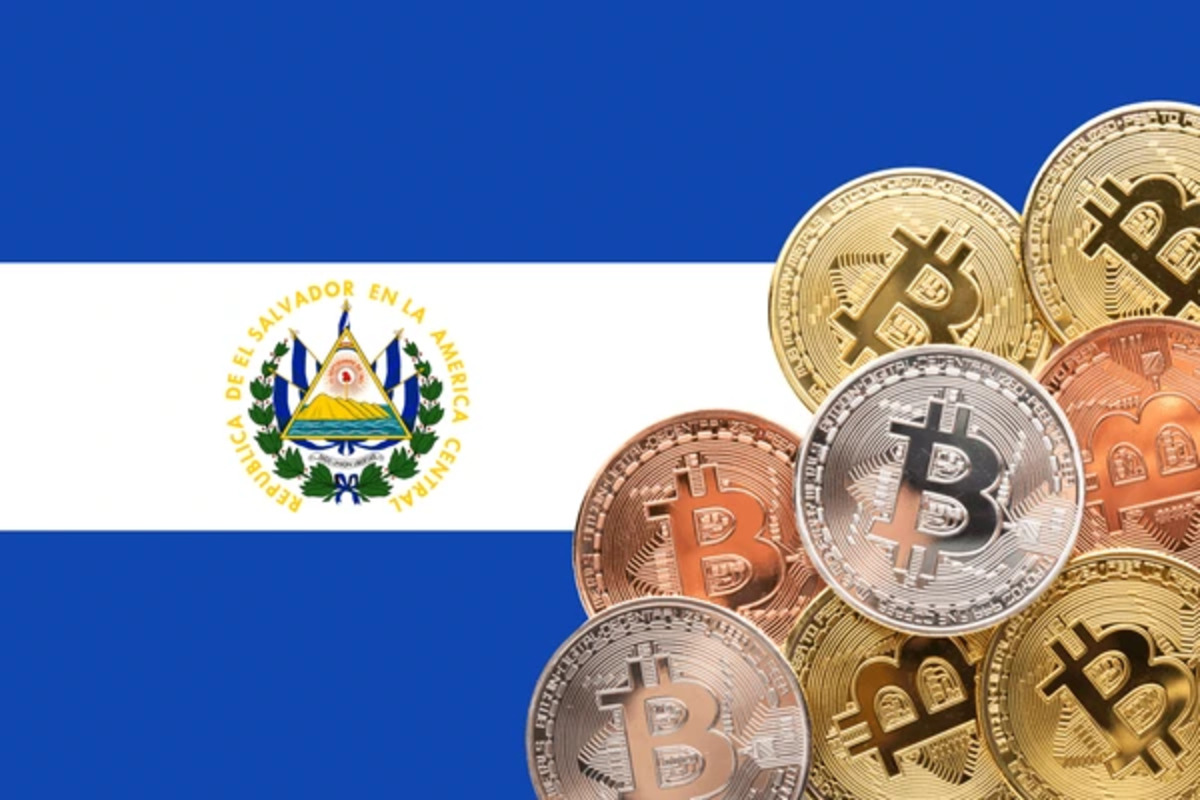
- By adopting Bitcoin, El Salvador hopes to end its reliance on foreign debt by 2025.
- President Bukele is introducing self-financed budgets, aiming for fiscal independence without international loans.
El Salvador President Nayib Bukele announced that the country will no longer rely on external debt beginning in 2025. This bold pledge signals a watershed point in El Salvador’s economic strategy, as Bukele announced plans to propose the country’s first totally self-financed budget.
The importance of this action cannot be overstated; after decades of relying on international borrowing, El Salvador is now striving for fiscal independence.
This development is viewed as a watershed moment for the country, and it is largely attributable to the country’s historic introduction of Bitcoin as legal cash in 2021. President Bukele stated:
“This is a historic moment for El Salvador. We will no longer spend more than we produce annually. The benefits of this approach will be immediate and will grow each year, contributing to a more robust economy and a financially independent nation.”
Collin Brown, a blockchain researcher, expressed his enthusiasm for this move, underscoring the critical role Bitcoin has played in El Salvador’s path to financial sovereignty. According to Brown, Bitcoin has empowered El Salvador to break free from IMF dependency.
El Salvador to Abandon External Debt from 2025!
President Nayib Bukele announces that starting in 2025, the country will no longer rely on external debt for its budget. #Bitcoin has empowered El Salvador to break free from IMF dependency!
pic.twitter.com/lkbfYredV7
— Collin Brown (@CollinBrownXRP) September 16, 2024
The country’s growing Bitcoin holdings—currently about 5,870 BTC—have become a key pillar in its quest for economic independence. El Salvador hopes to lessen its dependency on traditional international loans by incorporating Bitcoin into its financial system, while also encouraging foreign investment.
One significant example is Yilport Holdings $1.6 billion investment in port modernization, which underscores the country’s quest for self-sufficiency.
El Salvador Pushes for Bitcoin Integration with New Private Banking Laws
The Bukele administration is also attempting to further integrate Bitcoin into the country’s financial system. El Salvador has just enacted laws to support the establishment of private Bitcoin banks, signaling the country’s commitment to incorporating digital currencies into its financial system.
Although Bitcoin adoption has not been without challenges—skepticism from both within and outside the country persists—Bukele’s government is adamant that digital currencies will play a critical role in achieving budgetary sustainability.
Despite these bold initiatives, some people disagree. As we previously noted, a TIME reporter who was among the first to interview Bukele after the Bitcoin law was approved described the move as a “public relations stunt.”
According to the reporter, Bukele and his inner circle were aware that Bitcoin was unlikely to have a big impact on Salvadorans daily lives, but they believed it would provide a captivating narrative for worldwide viewers. Some detractors have echoed this sentiment, claiming that Bitcoin’s true influence on the country’s economy is unknown.
Nonetheless, El Salvador continues to pursue Bitcoin-related initiatives. Previously, according to CNF, the country has announced a Bitcoin certification program for 80,000 public sector personnel, which is considered to strengthen Bitcoin’s position in the national economy.
El Salvador’s strong moves have sparked the interest of other nations, including Argentina, which has signaled a willingness to follow suit.
Bitcoin is currently trading at $57,972.10, down 3.77% over the last 24 hours. Despite recent volatility, El Salvador continues to rely on Bitcoin as part of its economic independence agenda.
The following years will reveal whether or not El Salvador’s cryptocurrency risk pays off, but for the time being, the country is establishing itself as a pioneer in digital finance.
























